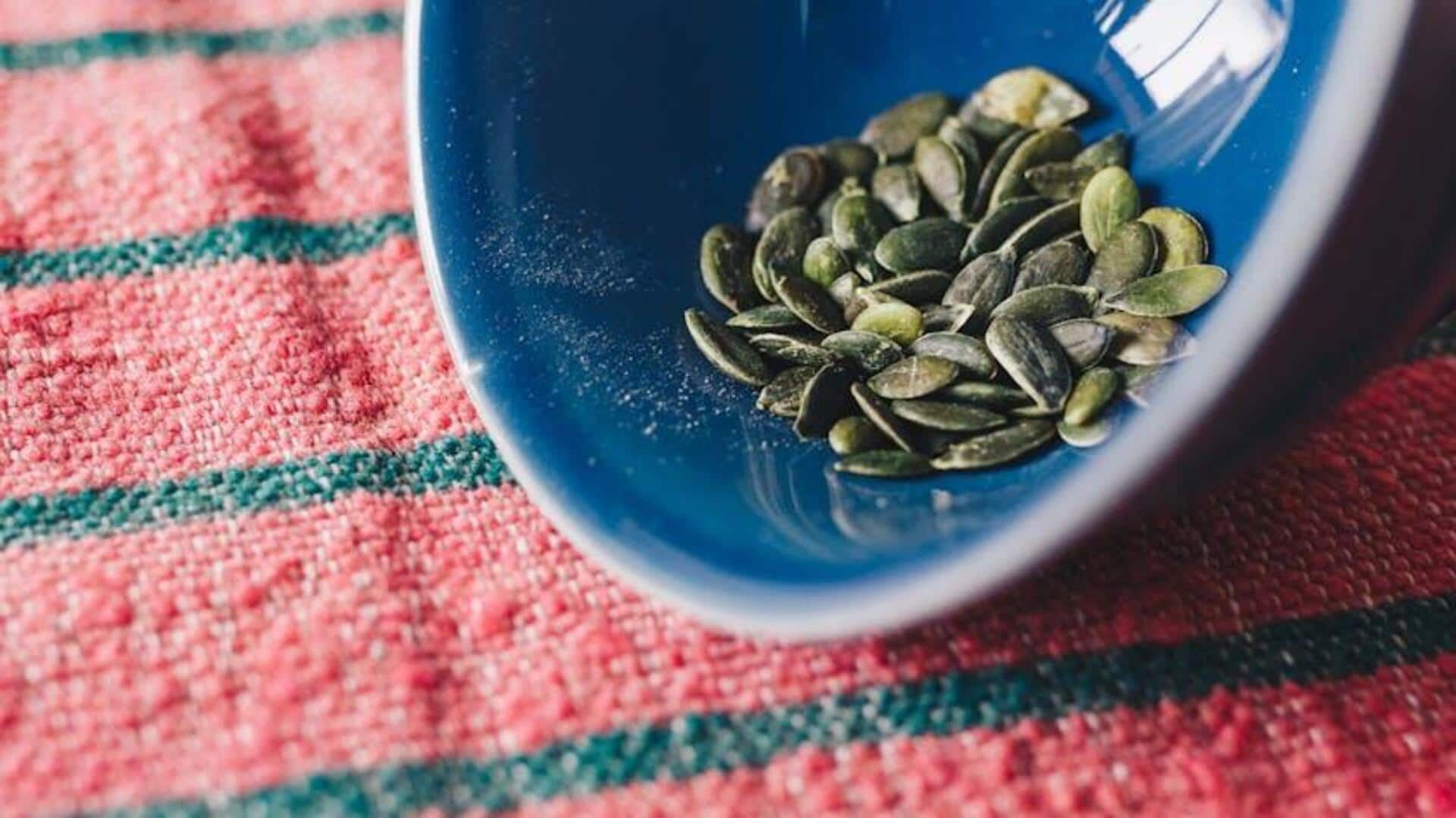
Pumpkin seeds v/s sunflower seeds: Which is healthier?
What's the story
If you're looking for healthy snacks, pumpkin seeds and sunflower seeds are popular options. Both the seeds provide numerous health benefits, but their nutritional profiles are different. Knowing the difference can help you make the right dietary choice. In this article, we will look at the nutritional profiles of pumpkin seeds and sunflower seeds, comparing their protein, fat, vitamin and mineral content and health benefits.
#1
Protein content comparison
Pumpkin seeds are well-known for their protein-rich nature. They pack roughly 19 grams of protein in a 100 grams serving. Sunflower seeds too offer a decent amount of protein but a little less than pumpkin seeds (around 21 grams per 100 grams serving). Both seeds can be great plant-based protein sources for those looking to enhance their protein intake.
#2
Fat composition analysis
Both pumpkin and sunflower seeds are packed with healthy fats that your body needs. Pumpkin seeds are richer in omega-3 fatty acids than sunflower seeds. Meanwhile, sunflower seeds are a good source of omega-6 fatty acids. Balancing these fats can help keep your heart healthy and ward off inflammation in the body.
#3
Vitamins and minerals presence
Pumpkin and sunflower seeds are loaded with vitamins and minerals essential for health. While pumpkin seeds are a great source of magnesium, zinc, iron, and potassium, sunflower seeds are rich in vitamin E, selenium, copper, and folate. Adding either of them can help you get your daily dose of nutrition.
Tip 1
Potential health benefits
Eating pumpkin or sunflower seeds can provide a range of health benefits owing to their nutrient density. Pumpkin seeds have been linked to improved heart health owing to their magnesium content, while also promoting prostate health owing to the levels of zinc in them. Eating sunflower seeds has been associated with improved skin health, largely owing to its vitamin E content, along with improved digestion due to fiber intake.